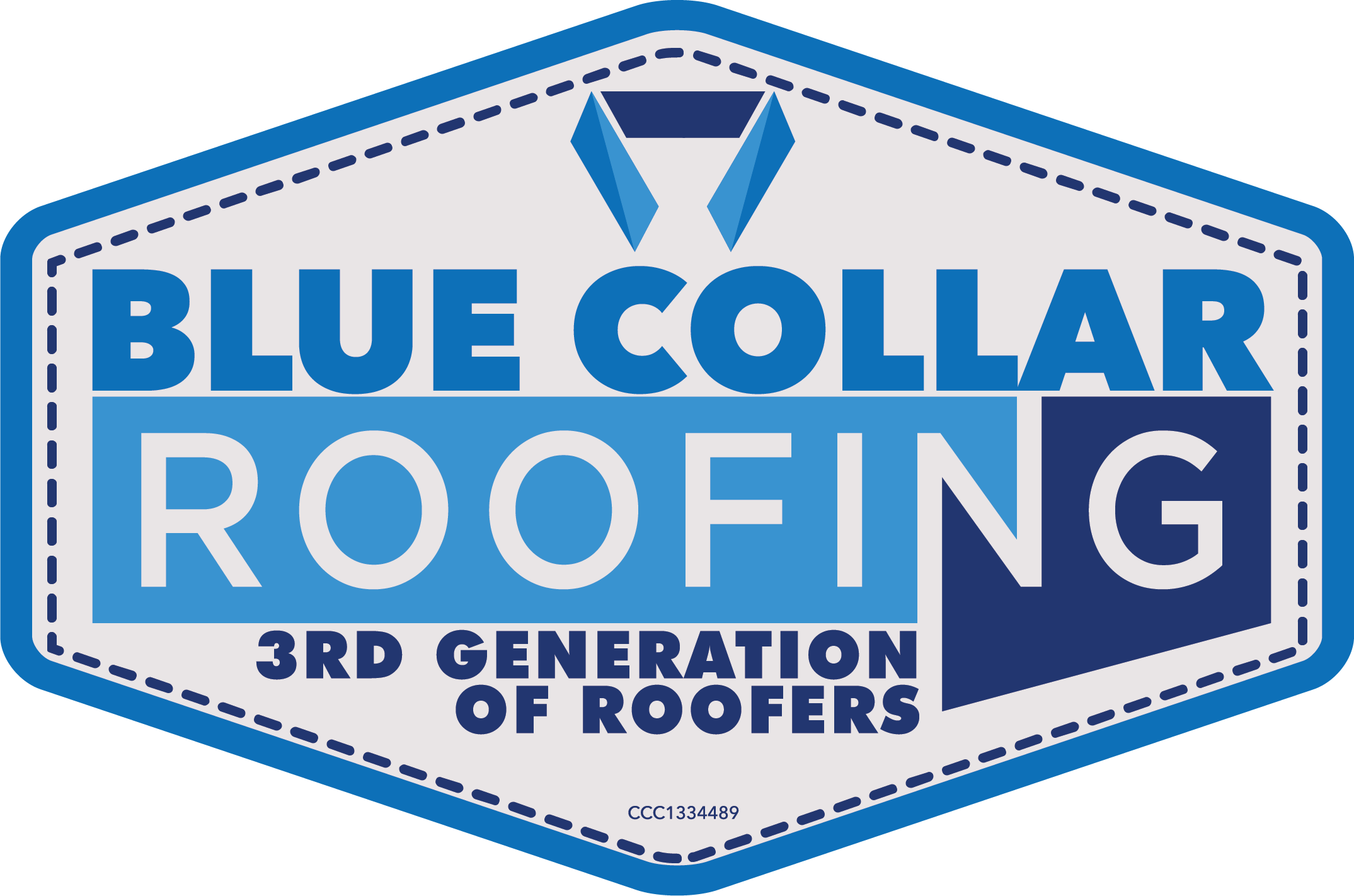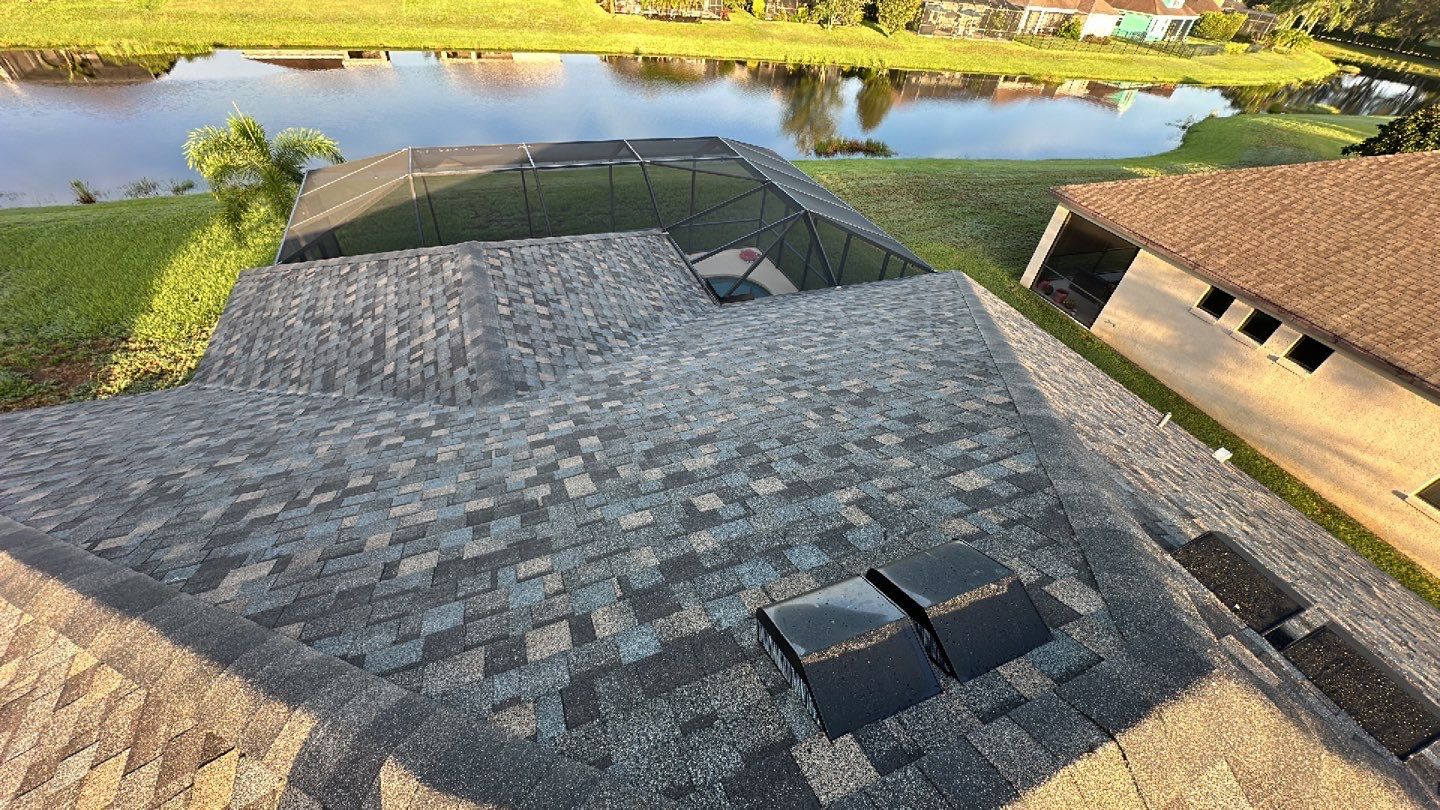As a homeowner or business owner in Ellenton, the choice of roofing style for your property involves considering factors such as architectural design, functionality, and the challenges of our regional climate. Flat roofs and pitched roofs are two prevalent options, each offering unique advantages and drawbacks that should be carefully weighed before making a decision. In our experience offering comprehensive residential and commercial roofing services, we understand the importance of selecting the right roof type that balances aesthetics, performance, and longevity.
In this blog, we will provide an in-depth comparison of flat roofs and pitched roofs, exploring the pros, cons, and key considerations for each option. Our goal is to equip you with the essential knowledge to make an informed decision that aligns with your property’s specific needs, design preferences, and budget. By understanding the unique characteristics of both flat and pitched roofs, you can confidently invest in a roofing solution that enhances the value, function, and appeal of your home or business.
Flat Roofs: Advantages and Disadvantages
Flat roofs, often characterized by little-to-no slope, offer a modern aesthetic and distinct advantages, particularly for commercial buildings. Let’s explore the pros and cons of flat roofs:
Pros:
1. Cost-effective: Flat roofs generally require less material and labor than pitched roofs, resulting in lower installation costs.
2. Space Utilization: With a flat roof, you can efficiently utilize the rooftop space for equipment, solar panels, or even the creation of rooftop gardens or decks.
3. Accessibility: The lack of slope on flat roofs makes them easier to access for maintenance, inspections, and repairs.
Cons:
1. Water Drainage: Flat roofs can be prone to pooling water, leading to potential leaks or structural damage if proper drainage and waterproofing measures are not in place.
2. Durability: Flat roofs typically have a shorter lifespan compared to pitched roofs, often requiring more frequent maintenance and replacement.
Pitched Roofs: Advantages and Disadvantages
Pitched roofs, known for their slopes and traditional appearance, are more commonly found on residential properties. Let’s examine the pros and cons of pitched roofs:
Pros:
1. Aesthetic Appeal: Pitched roofs often provide a classic, timeless look that complements various architectural styles.
2. Water Drainage: The sloped design of pitched roofs allows for efficient water runoff, reducing the risk of leaks or damage caused by pooling water.
3. Longevity: Due to their design and materials, pitched roofs often have a longer lifespan compared to flat roofs, requiring less frequent maintenance and replacements.
Cons:
1. Higher Installation Cost: Pitched roofs typically involve higher installation costs due to increased labor hours and the need for additional materials.
2. Limited Access: The slope of a pitched roof can make it more difficult to access for maintenance, repairs, or installations.
Key Considerations for Ellenton Properties
When choosing between a flat roof or a pitched roof for your Ellenton property, keep the following factors in mind:
1. Climate: The subtropical climate of Ellenton presents challenges like heavy rainfall and potential hurricane-force winds. Ensure your chosen roof type accommodates proper drainage and meets local building codes and wind resistance requirements.
2. Building Design: Consider your property’s architectural style and overall aesthetic, as this can influence the most suitable roof type. Flat roofs work well with modern, minimalist designs, while pitched roofs complement traditional styles.
3. Purpose and Functionality: Determine the primary purpose and desired functionality of your roof. For example, if you require additional storage or equipment space, a flat roof might be more suitable, whereas pitched roofs offer better water drainage and a more classic appearance.
Making the Right Decision for Your Property: Professional Guidance and Support
Before committing to a particular roof type, it’s essential to consult with an experienced roofing professional. Here’s why:
1. Expert Recommendations: A knowledgeable roofing professional will evaluate your property and recommend the most suitable roofing option, considering factors such as your intended use, design preferences, and anticipated maintenance requirements.
2. Quality Installation: Professional roofing contractors possess the skills and experience necessary to perform a high-quality installation, ensuring the durability, performance, and longevity of your chosen roofing system.
3. Peace of Mind: Working with a reputable roofing professional provides peace of mind and the assurance that the best decision has been made for your property, taking the guesswork out of the equation.
Navigating the World of Flat Roofs and Pitched Roofs in Ellenton
When it comes to selecting the perfect roof for your property, the choice between flat roofs and pitched roofs largely depends on your unique design preferences, functional requirements, and budget. By understanding the advantages and disadvantages of each roof type, considering the local climate, and consulting with a skilled roofing professional, you can confidently make the best decision for your home or business.
If you’re considering a new roof for your property, let the experts at Blue Collar Roofing guide you in choosing the ideal roof type tailored to your needs and style preferences. Contact our professional roofing company today for a personalized consultation, and let us help you make the right choice for your home or business.

